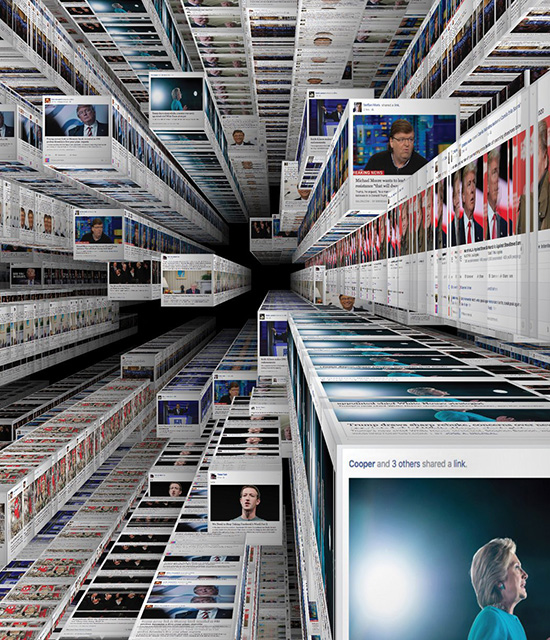It has been a year since election day 2016: a year that has been described as “a stress-test for American democracy.” There is a lot to take in, but a couple stories that broke this past week might serve to illuminate how political self-isolation rather than external influence have harmed our political discourse and ethics.
CENSORED POLITICS & TECHNOLOGY
The Russian investigation—namely, Paul Manafort’s indictment and George Papadopoulous’ guilty plea—overshadowed a less exciting occurrence in Washington last Tuesday. Lawyers representing tech giants like Facebook, Google and Twitter were grilled by congress for their negligence during last year’s election cycle. During questioning, Facebook acknowledged that “more than 126 million users potentially saw inflammatory political ads bought by a Kremlin-linked company.” In addition, that same Russian company published “1,000 videos on [Google’s] YouTube platform. Twitter said the agency published more than 131,000 messages on Twitter.”
It is clear that Russia supported President Trump’s bid for election. This being the case, it is tempting to place the blame for our current political situation on foreign interference and the tech world’s failure to protect its users from propaganda. Yet that posture might only serve to distract us from a deeper wound—a self-inflicted one.
Tech companies constantly process what their users want and do not want to see. Indeed, this forms their key source of value for both users and ad-buyers. Yet this practice has become problematic as social media increasingly acts as our primary source of news. Tech companies have come to wield more political responsibility than they were prepared for. They have not laid the requisite ethical groundwork since they largely do not consider themselves to be in the business of news media—a common defense being that their employees are engineers, not journalists.
This is simply a re-articulation of what we probably already understand: Americans are becoming isolated within echo chambers of comfortable thought. We listen almost exclusively to political voices that share our same values because Facebook has built out the mechanism to do so.
WHY IS THIS DANGEROUS?
We form ideological language and value systems that are wholly unintelligible to those residing outside of our own particular echo chambers. A kind of social speciation occurs in which our speech is only comprehensible to members of our given “in-group.” This rhetorical short-cutting allows for fluid communication with those who share common sources of information, but remains utterly indecipherable to outsiders.
The ease of quick disengagement means that we are rarely forced to defend our belief systems. On a practical level, this causes the principles underlying those same beliefs to atrophy. I might conclude single-payer systems are the most effective healthcare policies, for example, but without defending, qualifying and evolving that position, what do I really have? How deeply can I understand my own conviction if I am not putting it to the test?
DECAY OF VIRTUE
This decay of principled belief spreads beyond the realm of policy-making and into our moral sensibilities. We continually rehearse partisan rhetoric, but—in doing so—we have neglected to cultivate deep virtue and moral perception.
The common response frantically urges us to “listen to the other side.” Unfortunately, this rhetoric presupposes reductionistic party lines while also ignoring that the other side may include the ideologies of neo-nazis and klansmen. Not every ideology deserves equal time.
Instead, Americans need to strengthen the moral muscles that have atrophied. We need to stop thinking and speaking about justice along solely ideological lines. We need to form habits of virtue that penetrate far deeper than party lines. We need to realize that we are never going to get any of those things with Donald J. Trump.







